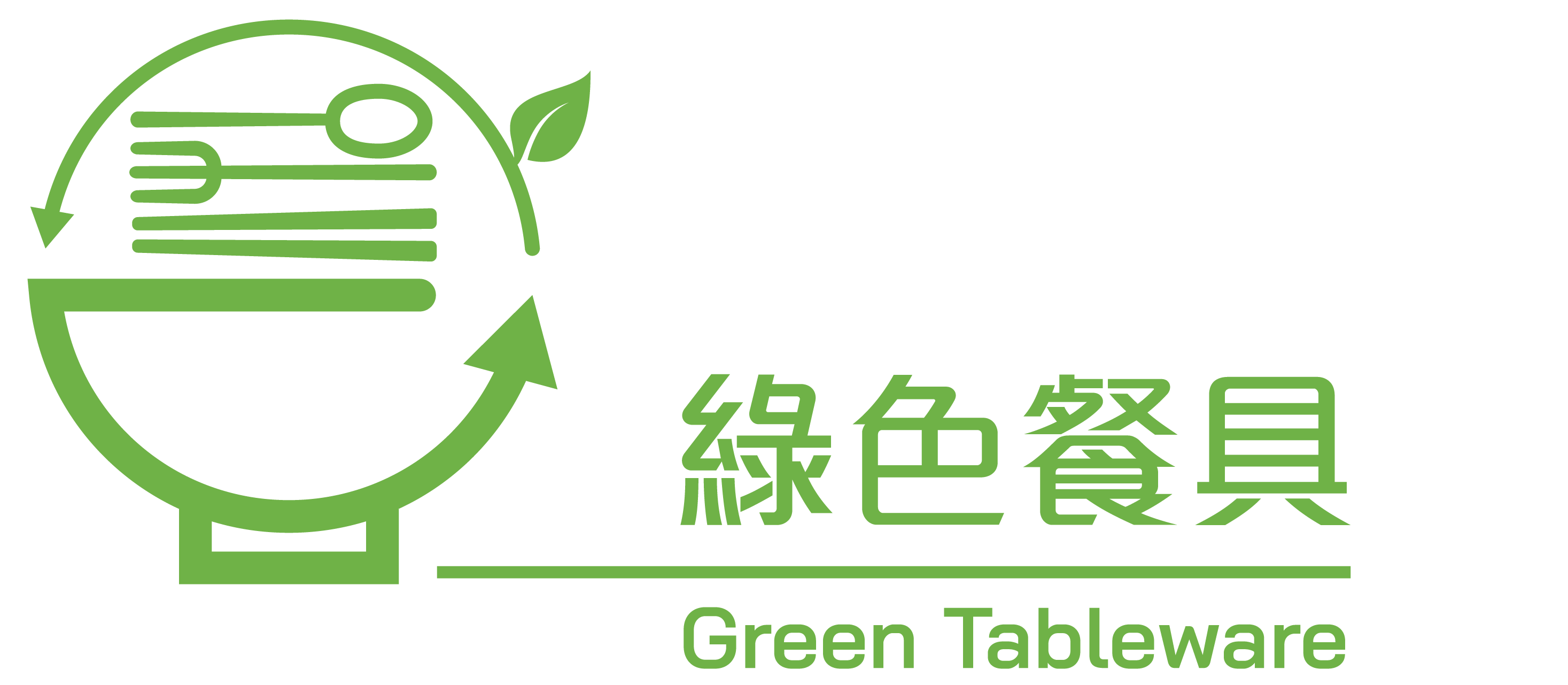Frequently Asked Questions
Coming Soon
Under the Regulation Scheme, “plastic” refers to a material consisting of a polymer, to which an additive or any other substance may have been added, except for the polymer that is natural polymer that has not been chemically modified (e.g. plant fibre) or that is used merely as an additive (e.g. adhesive, ink, binder, etc) and does not function as a major structural component. For details, please click to access relevant page.
The Regulation Scheme aims at minimizing the impacts of plastic pollution on the marine environment and human health. Apart from the common plastics (e.g. EPS, PET, PP, etc), the Regulation Scheme will also cover all other kinds of plastics, including oxo-degradable plastics, biodegradable plastics (e.g. polylactic acid [PLA], corn starch), and laminated linings made of such plastic materials, etc. It is because these plastics mostly can only accelerate their fragmentation into microplastic flakes or be biodegraded under specific conditions, such as exposure to ultraviolet radiation or heat, and those required conditions are often absent in the natural marine environment.
As a matter of principle, we should reduce waste at source, use reusable tableware as far as possible and avoid using any disposable tableware.
If the use of disposable tableware is unavoidable, more environmentally friendly tableware made of non-plastic materials should be used. At present, the more common non-plastic disposable tableware alternatives available in the market are mainly made of paper, bamboo, soft wood, plant fibre materials (e.g. wood pulp, straw pulp, bagasse), etc.
You may visit the “List of Tableware Products” of this Platform for the enrolled non-plastic disposable tableware products for reference.
